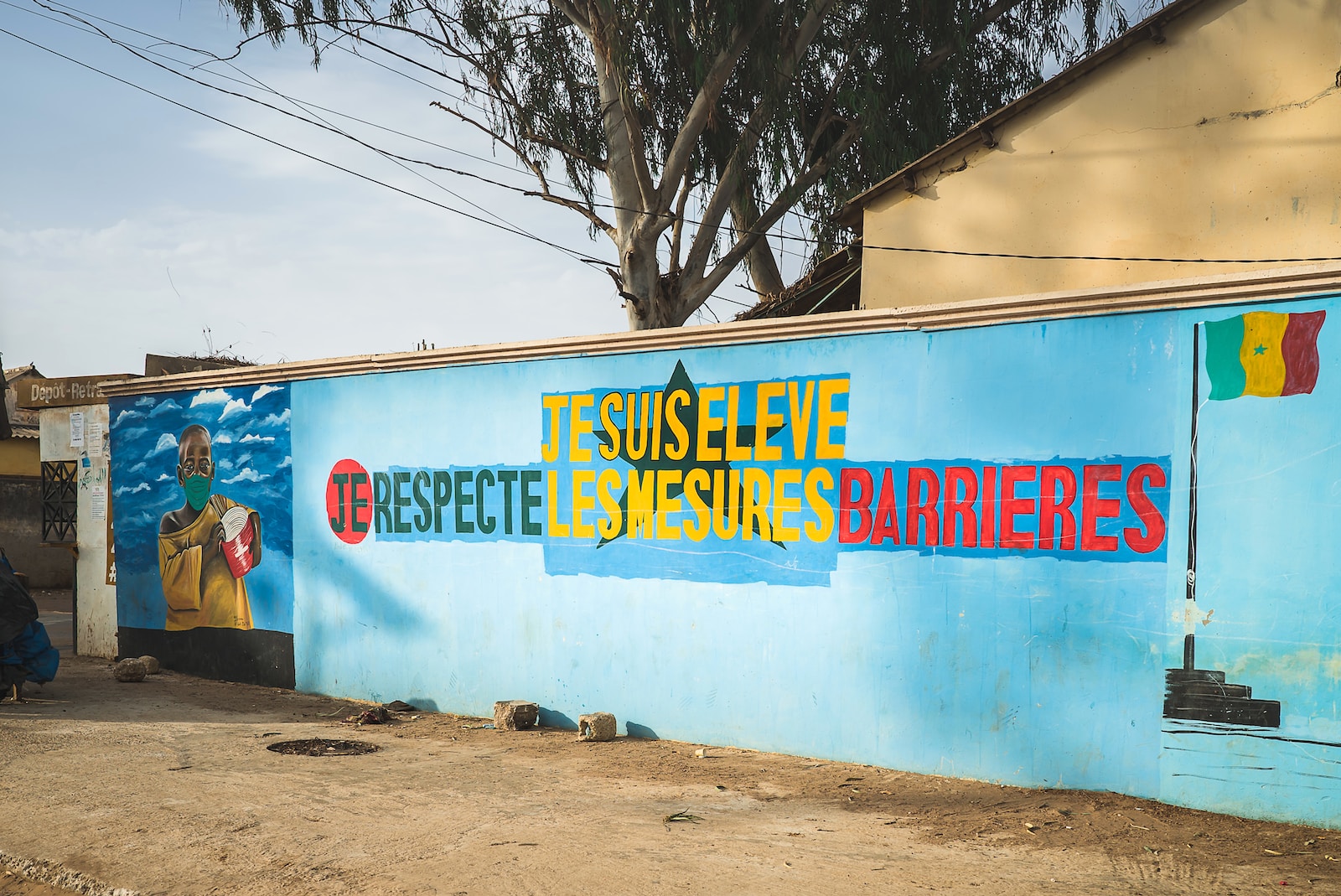Senegal’s President Macky Sall has put an end to the heated controversy surrounding his eligibility for a third term in the upcoming presidential elections. Sall’s firm declaration eliminates the possibility of protests by opposition supporters who opposed any extension of his tenure. With this announcement, Senegal enters a new phase marked by a race to determine the successor to the leader of one of Africa’s fastest-growing economies.
Sall’s decision not to seek a third term signals a commitment to upholding democratic principles and respecting the constitutional limits of presidential terms. By adhering to the prescribed term limits, Sall reaffirms the importance of a peaceful and orderly transition of power, which is essential for fostering stability and continuity in Senegal’s democratic system. This move also serves to mitigate potential tensions and social unrest that could arise from a disputed extension of his presidency.
The ruling party’s acceptance of Sall’s decision reflects internal cohesion and adherence to democratic principles within the political landscape of Senegal. This announcement paves the way for an open and competitive electoral process, allowing various political actors and parties to present their visions and policies to the electorate. It sets the stage for a democratic exercise where the Senegalese people can freely express their preferences and shape the future leadership of the country.
The race to succeed President Sall holds significant importance for Senegal’s socio-economic development and political trajectory. As one of Africa’s fastest-growing economies, the country faces both opportunities and challenges in maintaining its growth momentum and advancing the welfare of its citizens. The upcoming elections will provide an opportunity for the Senegalese people to assess the policies, capabilities, and visions of the aspiring candidates, ensuring that the future leader is equipped to navigate these complexities and drive sustainable progress.
Additionally, Sall’s announcement offers an opportunity for the opposition to recalibrate its strategies and rally behind a candidate who can present a compelling alternative to the ruling party. The competition for the presidency will foster healthy political debate, allowing different voices and perspectives to contribute to the national discourse. A robust and inclusive democratic process will ensure that the Senegalese people have a range of choices and can make informed decisions based on their aspirations for the country’s future.
As Senegal enters this new phase of political transition, it is essential to maintain a peaceful and transparent electoral process. Upholding the principles of fairness, inclusivity, and respect for the rule of law will be crucial in securing the legitimacy of the elected leader and preserving the stability and progress that Senegal has achieved. The successful organisation and conduct of the presidential elections will further enhance Senegal’s reputation as a beacon of democracy in the region.

